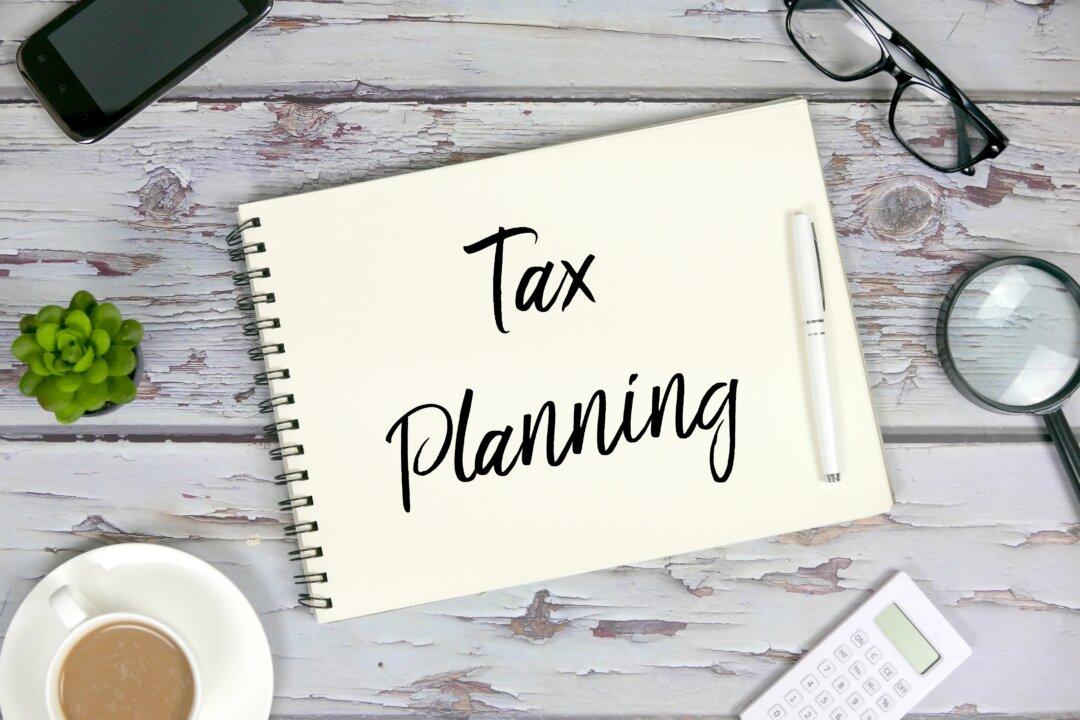Starting a new business enables you to enjoy the freedom you want. You are in charge and can run your business how you see fit. You can also get many tax breaks previously unavailable as an employee. Of course, it also means you may need to pay quarterly taxes.
People That Need to Make Estimated Quarterly Payments
People with income not from an employer, such as business owners, contractors, and freelancers, need to make quarterly tax payments. The payments may also be called estimated tax payments. They are based on your quarterly income.Other people may also need to make Internal Revenue Service-estimated tax payments. Score reveals that shareholders in an S- and C-corporation also must make these payments. Sole proprietors, partners, and S-corporation shareholders must make estimated tax payments if they owe more than $1,000 after subtracting all deductions. C-corporation shareholders must make estimated tax payments if they owe more than $500 after subtracting all their deductions.






